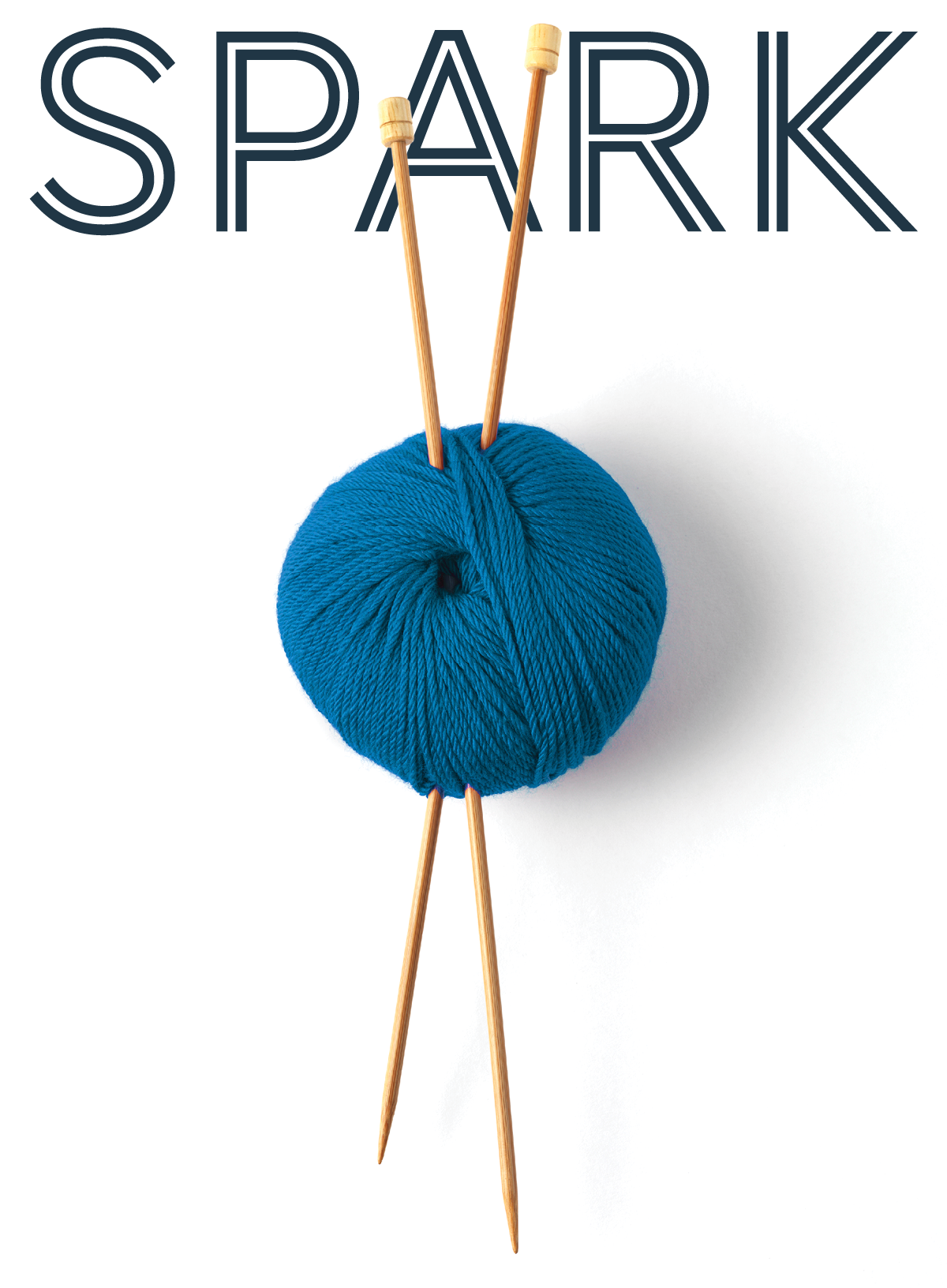From disability to professional athlete

The NSCD takes sporting recreation to a whole new level
Outdoor enthusiasts flock to Colorado for its winter skiing and summer rafting. But for those with physical disabilities, it may seem like such activities are out of reach. The National Sports Center for the Disabled (NSCD) proves otherwise. With a focus on providing outdoor and sporting activities and training for individuals with a wide variety of disabilities, the NSCD is one of the world’s most renowned organizations dedicated to helping children and adults with disabilities reach physical goals – and have a whole lot of fun along the way. We caught up with NSCD Marketing Director Diane Eustace to find out more.
 Q: Tell us a little bit about the NSCD.
Q: Tell us a little bit about the NSCD.
A: The National Sports Center for the Disabled provides therapeutic, adaptive sports and recreational programs for people with disabilities of any age and any ability. The organization was founded in 1970 as a one-time ski lesson for child amputees at the Children’s Hospital of Denver but has since grown to be one of the largest outdoor therapeutic recreation agencies in the world. The NSCD has facilities at Winter Park Resort and Sports Authority Field at Mile High in Denver.
Q: How has the organization grown over the years?
A: NSCD has grown to be one of the most premier therapeutic recreation agencies out there. Since that first ski lesson in 1970, the organization now boasts more than 20 sports and recreational programs, including skiing, kayaking, rafting and rock climbing. There are 3,000 children and adults with disabilities who participate in these activities.
Q: What types of disabilities do NSCD programs accommodate?
A: NSCD staff and volunteers teach individuals with any physical, cognitive, emotional, or behavioral diagnosis. Its staff is 50 strong and 36 are specially trained at running programs in Denver and throughout Grand County and Winter Park, where participants can learn at a state-of-the-art, 2,100-square-foot adaptive equipment lab.
Q: Can you give an example of some of the ways in which NSCD might make a program or activity an option for someone with a disability that might otherwise not seem possible?
A: We adapt every sport in a variety of ways depending on the individual’s needs and abilities. For example, even though standard kayaks can often be used by people with disabilities, there are several adaptive outriggers that can be used to modify a kayak for increased accessibility and use. Changes to seats, paddle grips and other positioning within the kayak can create a more comfortable or safer way for someone with a disability – a quadriplegic for example – to participate in the sport. It can be a really empowering experience for someone to leave their wheelchair on land and and take control in the water.
Q: Do some of your program participants go on to become professional competitors?
 A: Absolutely. The NSCD is widely regarded as one of the world’s leading Paralympic clubs for alpine and Nordic sports – our athletes have won over 65 medals, more than any other organization attending the Winter Paralympic Games. The organization draws in participants from all around the world, and we currently have more than 30 athletes from nine different countries training full-time. Those athletes are aspiring to compete in the 2018 Paralympic Games in Peyongchang, South Korea. To accommodate them, the NSCD operates a competition center that teaches able-bodied techniques for both on-snow and dry-land cross training. NSCD coaches are specialized to train athletes with visual impairments, amputations, paraplegia, spina bifida, cerebral palsy, multiple schlerosis, post-polio and congential disabilities.
A: Absolutely. The NSCD is widely regarded as one of the world’s leading Paralympic clubs for alpine and Nordic sports – our athletes have won over 65 medals, more than any other organization attending the Winter Paralympic Games. The organization draws in participants from all around the world, and we currently have more than 30 athletes from nine different countries training full-time. Those athletes are aspiring to compete in the 2018 Paralympic Games in Peyongchang, South Korea. To accommodate them, the NSCD operates a competition center that teaches able-bodied techniques for both on-snow and dry-land cross training. NSCD coaches are specialized to train athletes with visual impairments, amputations, paraplegia, spina bifida, cerebral palsy, multiple schlerosis, post-polio and congential disabilities.
Q: How can people help?
A: People can help by donating directly to NSCD or volunteering their time. Volunteers are key to NSCD. In fact, more than 1,300 trained volunteers dedicate countless hours to helping people with a disability to ski, snowboard, play team sports and achieve their personal best. NSCD hosts several fundraising events throughout the year, as well. ■

